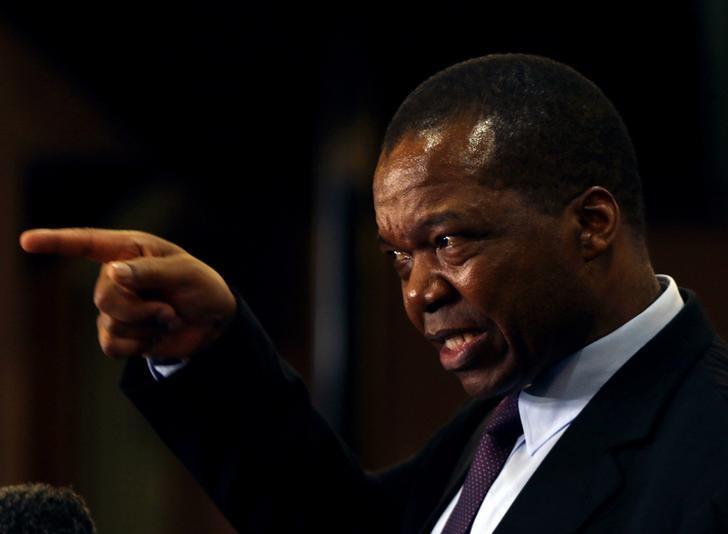2024 budget should address domestic risks: RBZ
THE Reserve Bank of Zimbabwe (RBZ) governor John Mangudya says the 2024 national budget should complement the current fiscal and monetary stance in addressing emerging global and domestic risks.
Finance, Economic Development and Investment Promotion minister Mthuli Ncube will present the national budget this month.
“The 2024 national budget should complement the current fiscal and monetary stance in addressing emerging global and domestic risks from growth slowdown, geopolitical factors and climatic shocks,” Mangudya said in a presentation at a pre-budget parliamentary seminar last week.
Global economies have been experiencing rising inflation since 2021 due to supply chain disruptions.
In 2022, global inflation averaged 8,7%.
Locally, annual inflation is sitting at 17,8%.
Mangudya said global inflationary pressures were expected to remain elevated and is expected at 6,9% in 2023 and 5,8% in 2024, supported by tighter monetary conditions.
In response to rising inflation, central banks aggressively tightened monetary policies.
As a result, borrowing costs have increased significantly.
Mangudya said in 2024, fiscal prudence and tight monetary policy to engender greater macro-stability should be maintained.
“Promote digitisation by removing the intermediated money transfer tax on point-of-sale transactions to enhance formalisation of the economy,” he said.
“Gradually increasing the proportion of public transactions settled in local currency including QPDs [quarterly payment dates]. Put in place fiscal incentives to leverage on increased diaspora remittances.”
Mangudya also said there was need for effective communication on the success of monetary and fiscal policy measures by all stakeholders, including parliamentarians to anchor inflation and exchange rate expectations.
There should be rationalisation and simplification of the tax system, where possible, to allow ease of collection, he said.
Meanwhile, the governor disclosed that export receipts were down by 9,6% to US$4,75 billion for the first nine months of 2023.
Foreign currency receipts for the period grew by 2,5% supported by significant inflows of diaspora remittances and private sector loans.newsday










